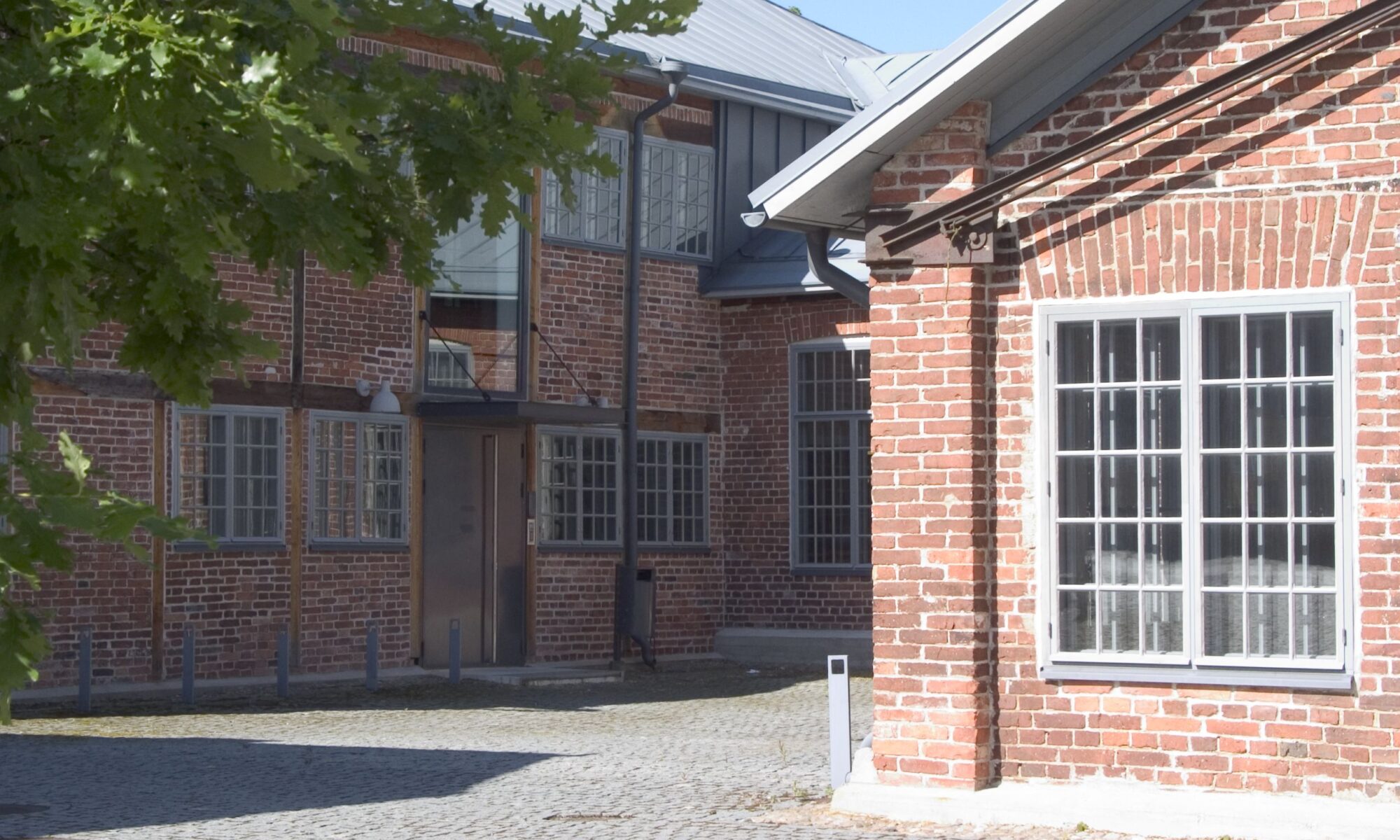Annika Hillbom, Uppsala University
Marja Nenonen, University of Eastern Finland
Esa Penttilä, University of Eastern Finland
Recently, there has been vivid media debate in the Nordic countries on the contents, goals and teaching methods of primary education. Concern has been expressed, for example, about the sinking results of international tests like PISA, increasing problems regarding “school discipline”, and conflicting views among scholars and politicians about what pupils need to learn. In Sweden, Finland is regarded as a role model because of its PISA results, whereas in Finland various educational innovations have traditionally been modelled after Sweden.
Sweden and Finland are neighboring countries with a partly shared history, similar cultures, and languages that are totally unrelated. Moreover, Finland has a large Swedish-speaking minority, whose variety, Finland-Swedish, is somewhat distinct from the variety spoken in Sweden. This cultural and linguistic context offers an interesting framework to study metaphorical differences between languages and how they conceptualize the world.
The aim of this study is to analyze the meanings and metaphorical conceptualizations of the educational concept knowledge in Swedish, Finnish, and Finland-Swedish. The material consists of the primary school curricula that are used in Sweden and Finland, including the Finland-Swedish translation of the Finnish curriculum. The analysis is based on the conceptual metaphor theory deriving from Lakoff and Johnson (1980), and the concrete perspective derives from studies that concentrate on education-related metaphors and how they conceptualize education with respect to, for example, different socio-cultural values (Goatly 2002; Berendt 2008; Wade 2017). To identify possible metaphors, we use MIPVU (Steen et al. 2010).
The results show that knowledge is conceptualized through various image schemas and other conceptual metaphors in Finnish, Finland-Swedish and Swedish, such as CONTAINER (to have knowledge), SOURCE-PATH-GOAL (to get knowledge, source of knowledge), CULTIVATION (to gain knowledge), and BUILDING (knowledge as foundation, to build knowledge). However, the frequencies of these conceptual metaphors differ between the languages. For example, the BUILDING metaphor is more common in the Finnish curriculum than in the Swedish one. Also, different perspectives on knowledge have been noted. While knowledge in the Finnish curriculum is described as subordinate to bildung, knowledge in the Swedish curriculum is described as a superordinate concept that includes knowledge of facts, understanding etc.
During our talk we will go into more detail regarding the linguistics and metaphorical conceptualizations of knowledge in Finnish, Finland-Swedish, and Swedish, while discussing possible connections between our findings and the ongoing media comparisons between the Finnish and Swedish school systems mentioned above.
References
Berendt, Erich A. (2008) Intersections and diverging paths: Conceptual patterns on learning in English and Japanese. In Erich A. Berendt (ed.), Metaphors for Learning: Cross-Cultural Perspectives. Amsterdam/Philadelphia: John Benjamins. 73‒102.
Goatly, Andrew (2002) Conflicting Metaphors in the Hong Kong Special Administrative Region Educational Reform Proposals, Metaphor and Symbol, 17:4, 263‒294.
Steen, Gerard, Aletta G. Dorst, J. Berenike Herrmann, Anna Kaal, Tina Krennmayr, and Trijntje Pasma (2010) Method for Linguistic Metaphor Identification: From MIP to MIPVU. Amsterdam/Philadelphia: John Benjamins.
Wade, John C. (2017) Metaphor and the shaping of educational thinking. In Francesca Ervas, Elisabetta Gola and Maria Grazia Rossi (eds), Metaphor in Communication, Science and Education. Berlin/Boston: De Gruyter Mouton. 305‒319.
